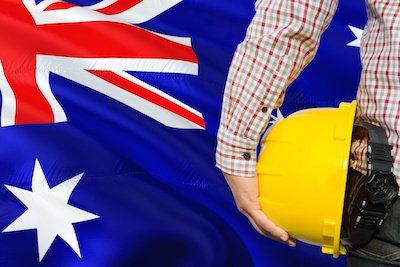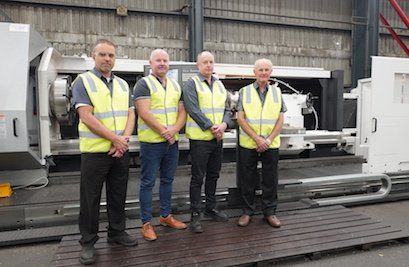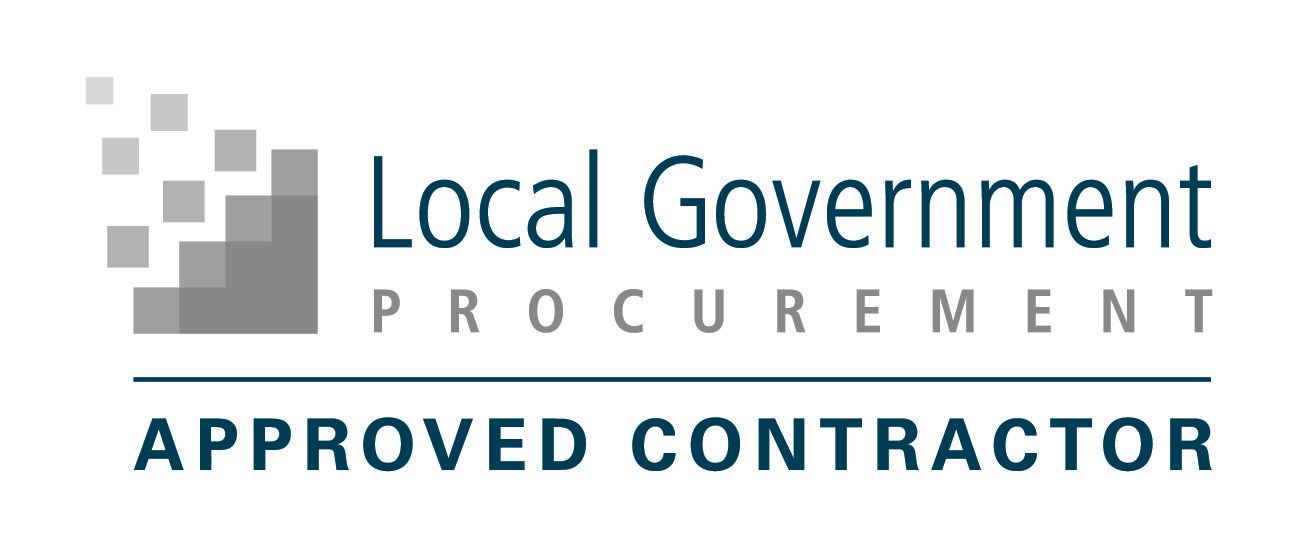Federal Budget 2020 recap: SMEs to benefit from government focus on manufacturing
Joe Papadatos, Managing Director
In this fourth part of our series on the 2020 Federal Budget and SMEs, we examine how the Federal Government’s focus on manufacturing will benefit SME businesses.
Up until earlier this year, commentary around Australian manufacturing was focused on moving more and more manufacturing offshore with local manufacturing focused on small-scale and innovation. Who would have imagined we could experience something so big that it would radically shift many people’s thinking in such a short time?
The COVID-19 pandemic has exposed the frailty of international supply chains, and the importance of making goods locally, thus reviving hope for a manufacturing resurgence in Australia.
Demand for Australian-made
There is a big rise in demand for Australian made goods. A recent Roy Morgan poll showed 52 per cent of Australians have a higher preference for Australian-made products than prior to the start of the pandemic. The same survey also showed 89 per cent believe more products should be manufactured in Australia.
“A key focus of Federal Budget 2020 is on business competitiveness and the revitalisation of manufacturing.”
In a matter of months, companies made changes that would normally take them years to achieve. To the Federal Government’s credit, this trend has led to an investment incentive that is a testament to the government’s commitment to restoring business confidence.
Federal Budget response
The government’s response to the pandemic in Federal Budget 2020, coupled with other recent measures, has highlighted the central role that manufacturing can play in recovering from this event and its importance in bolstering Australia’s economic resilience.
A key focus of Federal Budget 2020 is on business competitiveness and the revitalisation of the manufacturing sector.
With the support of various levels of government, manufacturing can play a key role in stimulating the economy as we emerge from the pandemic by creating more jobs, bringing production onshore, and upskilling current employees to work in conjunction with automated tools.
Modern Manufacturing Initiative
While many of the government’s policy changes will benefit all Australian businesses, the recently announced Modern Manufacturing Initiative is focused on six industries identified as critical and strategic.
The Government announcements note that these industries have been identified as critical to our national sovereignty, where reliance on global supply chains represents a risk to Australia’s security, or industries where we have a comparative advantage that is thus far unrealised.
The six national manufacturing priorities are:
- Resources, technology and critical minerals processing;
- Food and beverage manufacturing;
- Medical products;
- Clean energy and recycling;
- Defence industry; and
- Space industry.
For businesses already operating in one of these six critical industries, now is the time to act and take advantage of the incentives on offer. The government is looking for industry plans to be put in place by April 2021, which doesn’t give businesses much time to act.
“Now is the time to act and take advantage of the incentives on offer.”
Businesses in these six sectors will have access to grants and co-investment into large projects. These grants and investment opportunities can also be coupled with the increased instant asset write-off allowance to further boost business..
Opportunities for agile SMEs
In addition, agile SME businesses that don’t currently operate in the manufacturing sector may be able to capitalise on opportunities presented within Federal Budget 2020’s manufacturing initiatives.
During the pandemic, we saw businesses change direction and get involved in large-scale manufacturing of goods like PPE and hand sanitiser. These types of changes may lead to a more permanent change of direction for businesses in complementary categories
The recent changes have shown that Australian manufacturers can compete on a global scale. And it’s often been the smaller, more agile Australian manufacturers that are leading the charge. By working smarter and more efficiently, manufacturers in Australia can be globally competitive.
How we can help
Icon Visual Marketing currently has clients in many of these six national manufacturing priority industries, including Food, Defence, and Resources/Recycling, and we know we can support other Australian manufacturers as well. We have expertise in helping manufacturers grow their business.
At Icon, we work with many SMEs to help them grow their businesses and solve business problems by building customer connections through innovative marketing programs. We are business advisors who understand the challenges SMEs face every day.
* This is part four of a five-part series digging into Federal Budget 2020 and outlining what it holds for SMEs. Stay tuned for part five shortly. Read part one, part two and part three now if you haven’t already.
KEEP IN TOUCH


Ready to talk?
Let's start that project! We’d love to hear from you. Simply send us a message via the request form and we’ll get back to you as soon as we can.
Contact Us - Footer
We will get back to you as soon as possible.
Please try again later.














